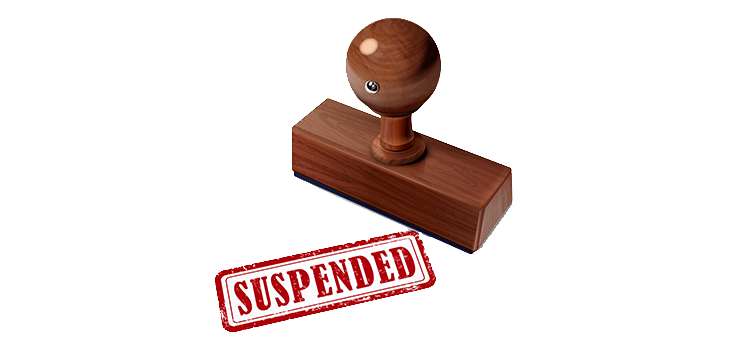|
Getting your Trinity Audio player ready...
|
XREX, a Taiwanese neo-bank that offers digital assets trading and operates in India, has suspended the Indian Rupee (INR) trading on its platform.
According to a Business Insider report, XREX sent out a notice to users on June 30 directing them to withdraw their INR balances just two days before the 1% tax-deductible at source (TDS) kicked in on July 1.
“All INR open orders and pending INR Bitchecks will be automatically canceled on June 30, 2022 at 7:30 pm India and 10 pm Taipei time. All INR trading pairs would be unavailable on the new version,” the notice reads.
It added that by July 31, all other INR services would also be temporarily removed from the exchange. The exchange will automatically convert all unwithdrawn rupee balances that have less than INR1000 to the dollar-pegged stablecoin Tether (USDT) by August 1, tweeted Naimish Sanghvi, the consultant for the exchange.
https://twitter.com/ThatNaimish/status/1544935477941178369?s=20&t=XMJmoIrhOV9nLEdDnSncLA
The move will limit XREX services to support only digital asset-to-digital asset and digital asset-to-USD trading. The platform was one of the only exchanges to offer digital assets to INR trading worldwide.
Indian digital currency market strained by the new tax regime
XREX exchange is known to offer low transaction fees for its services. Like other Indian digital assets exchanges, it has been experiencing low transaction volumes since the country introduced its digital assets tax regime in its 2022-23 Union Budget.
The tax regime is in two parts, including a 30% income tax that came into effect on April 1, and the 1% TDS, which kicked in on July 1. The Income Tax office recently published an official calcification for how exchanges and investors should file the TDS.
The 1% TDS is to be deducted by the sender for all digital asset transactions. This means that digital asset exchanges and brokers should deduct 1% of the value of digital asset sales and pay the same to the central government.
They should also issue a TDS certificate which buyers can use to claim tax refunds from the government. In peer-to-peer trades, the seller is expected to deduct and pay 1% TDS to the government.
The law applies even if the payment is made in kind and only exempts specified individuals. Several exchanges, including CoinCDX, have already adjusted their policy to accommodate the law.
Watch: The BSV Global Blockchain Convention panel, Blockchain for Government Data & Applications
https://www.youtube.com/watch?v=ggbZ8YedpBE&t=30603s

 03-04-2026
03-04-2026 




